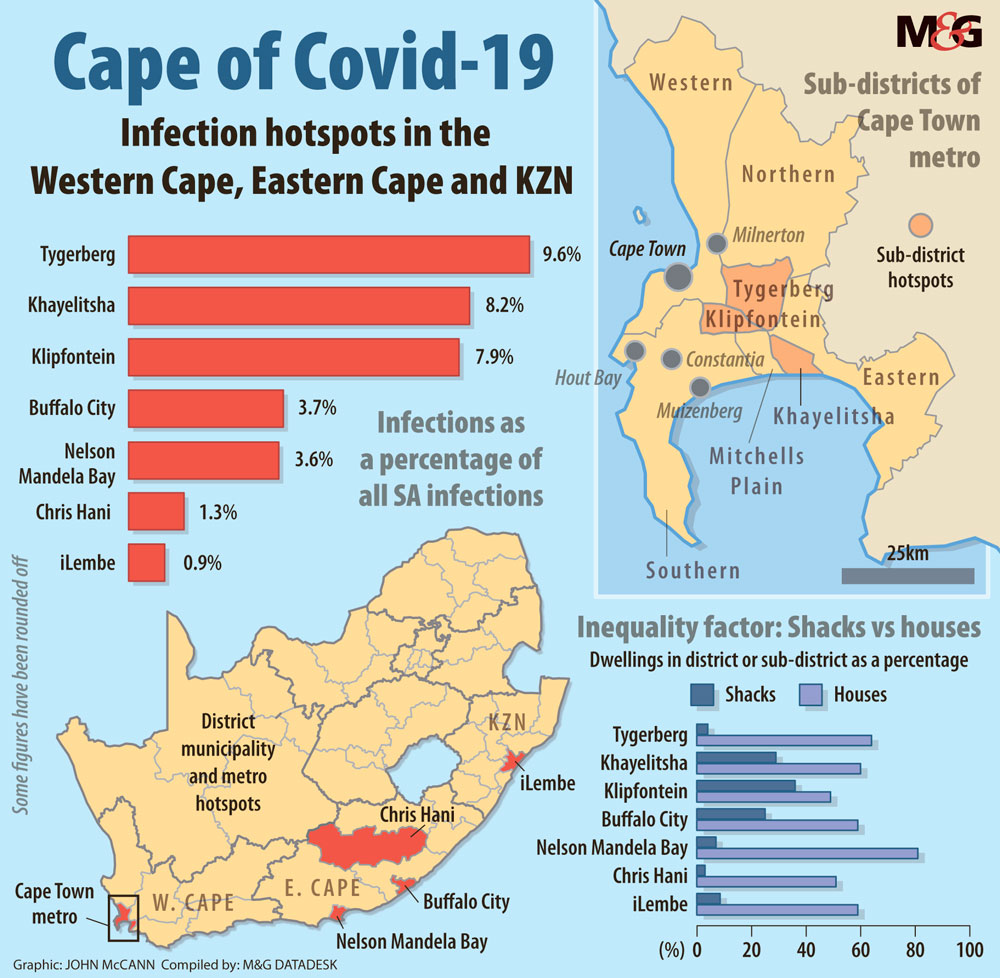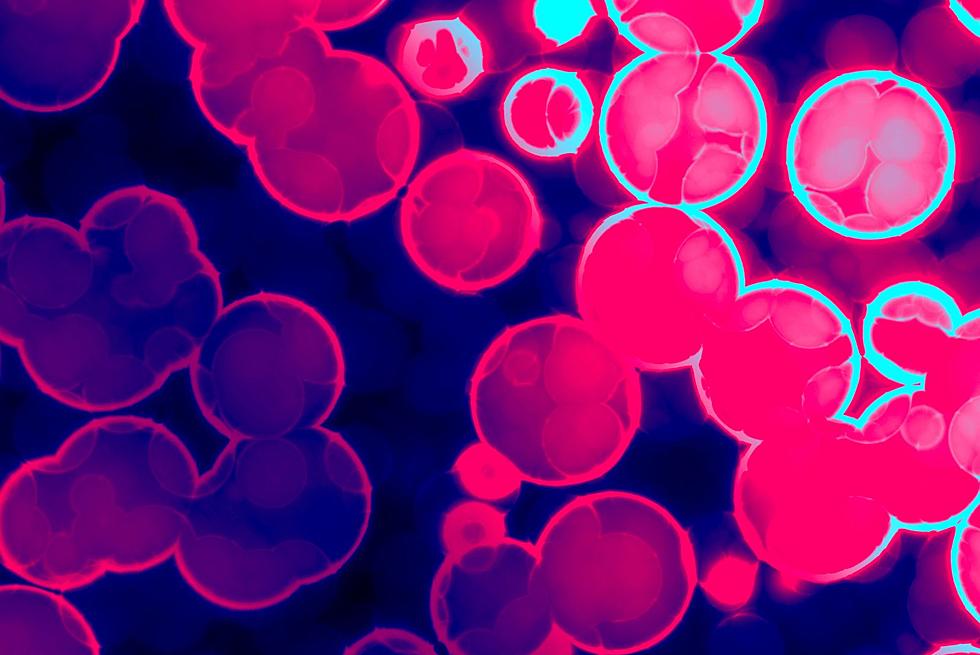Table of Contents
- COVID-19: Traces of Delta Variant 'dominant in Cape Town wastewater'
- COVID-19 Pandemic | Eastern Cape receives a boost to combat infections ...
- How to avoid the highly contagious stomach flu | Portsmouth Hospital
- Is There A Stomach Bug Going Around July 2024 - Noami Nicole
- Virus spreads like fire in the Cape – The Mail & Guardian
- COVID-19 Pandemic | Western Cape still grappling with the effects of a ...
- Drug addicts plague Cape Town CBD skywalk: ‘There is big crime here’
- Has Highly Contagious Stomach Virus Come to South Dakota Yet?
- WHO, SA health experts probe Eastern Cape’s high Covid-19 mortality rate
- Eastern Cape tops excess deaths log as Covid-19 infections surge in ...



What is Kawasaki Norovirus?



Prevalence of Kawasaki Norovirus in South Africa


Symptoms and Transmission
The symptoms of Kawasaki norovirus typically appear within 24-48 hours of exposure and can last for several days. The most common symptoms include: Diarrhea Vomiting Stomach cramps Fever Headache Fatigue The virus can spread through: Contaminated food and water Direct contact with an infected person Touching contaminated surfaces and objects
Prevention and Treatment
Preventing the spread of Kawasaki norovirus requires a combination of good hygiene practices and precautions. Here are some tips to reduce the risk of infection: Wash your hands frequently with soap and water Avoid close contact with people who are infected Avoid sharing food, drinks, and utensils Clean and disinfect contaminated surfaces and objects Practice good food safety and handling While there is no specific treatment for Kawasaki norovirus, symptoms can be managed with: Fluid replacement to prevent dehydration Rest and hydration Over-the-counter medications to alleviate symptoms The Kawasaki norovirus outbreak in South Africa is a significant public health concern. By understanding the symptoms, transmission, and prevention methods, individuals can take necessary precautions to reduce the risk of infection. It's essential to practice good hygiene, avoid close contact with infected people, and take steps to prevent the spread of the virus. If you or a loved one is experiencing symptoms, seek medical attention immediately. Stay informed, stay safe, and help prevent the spread of Kawasaki norovirus in South Africa.Source: The Citizen